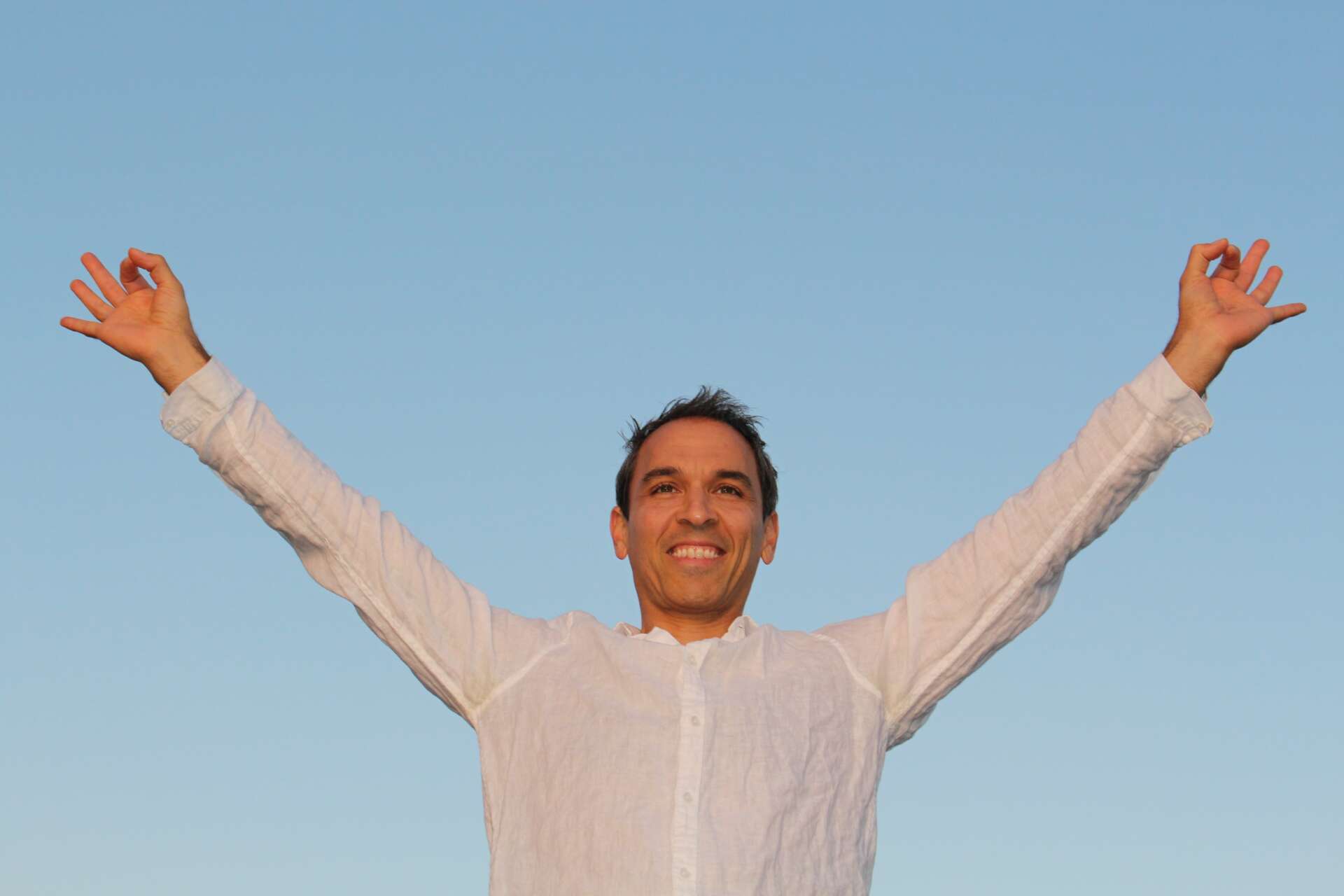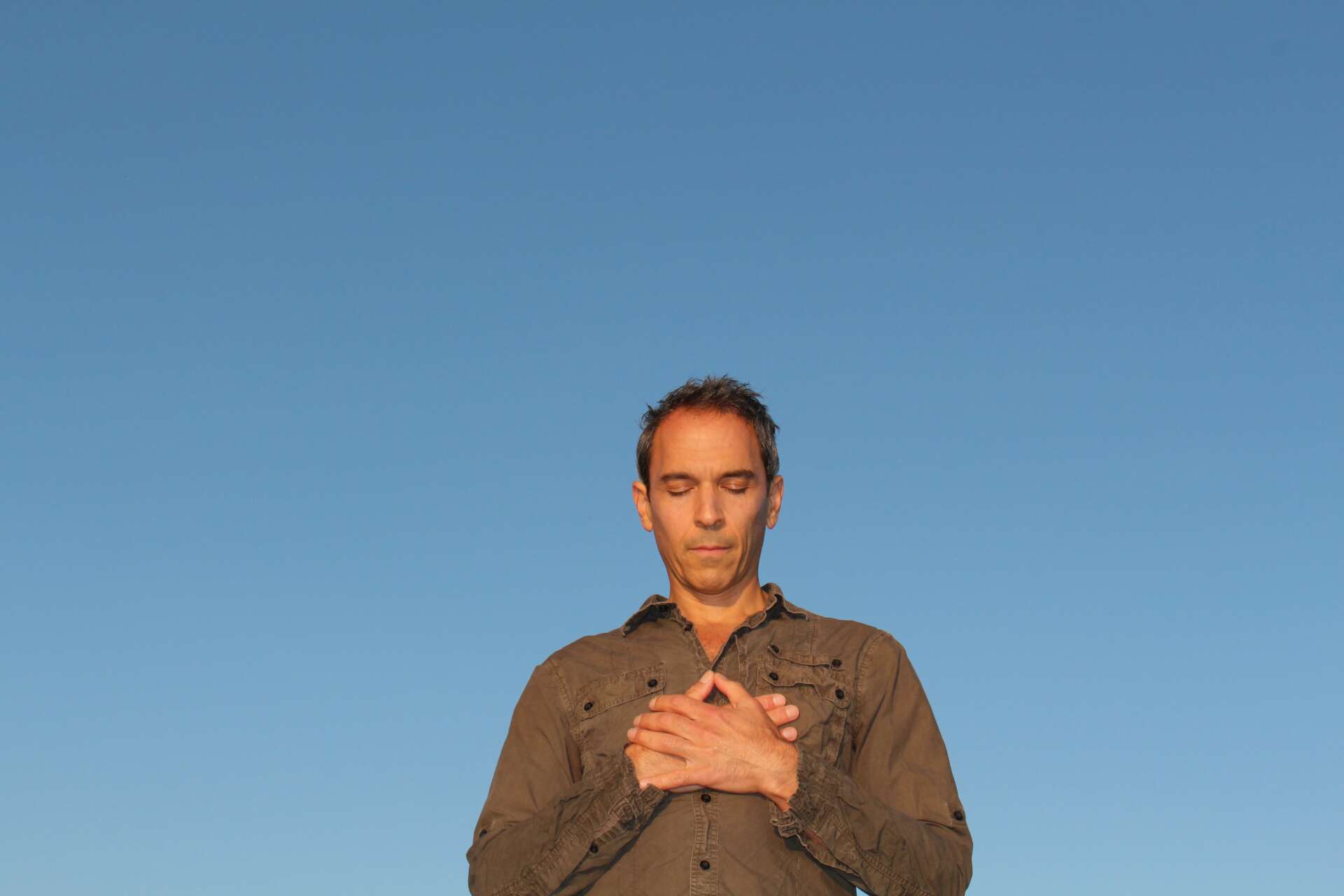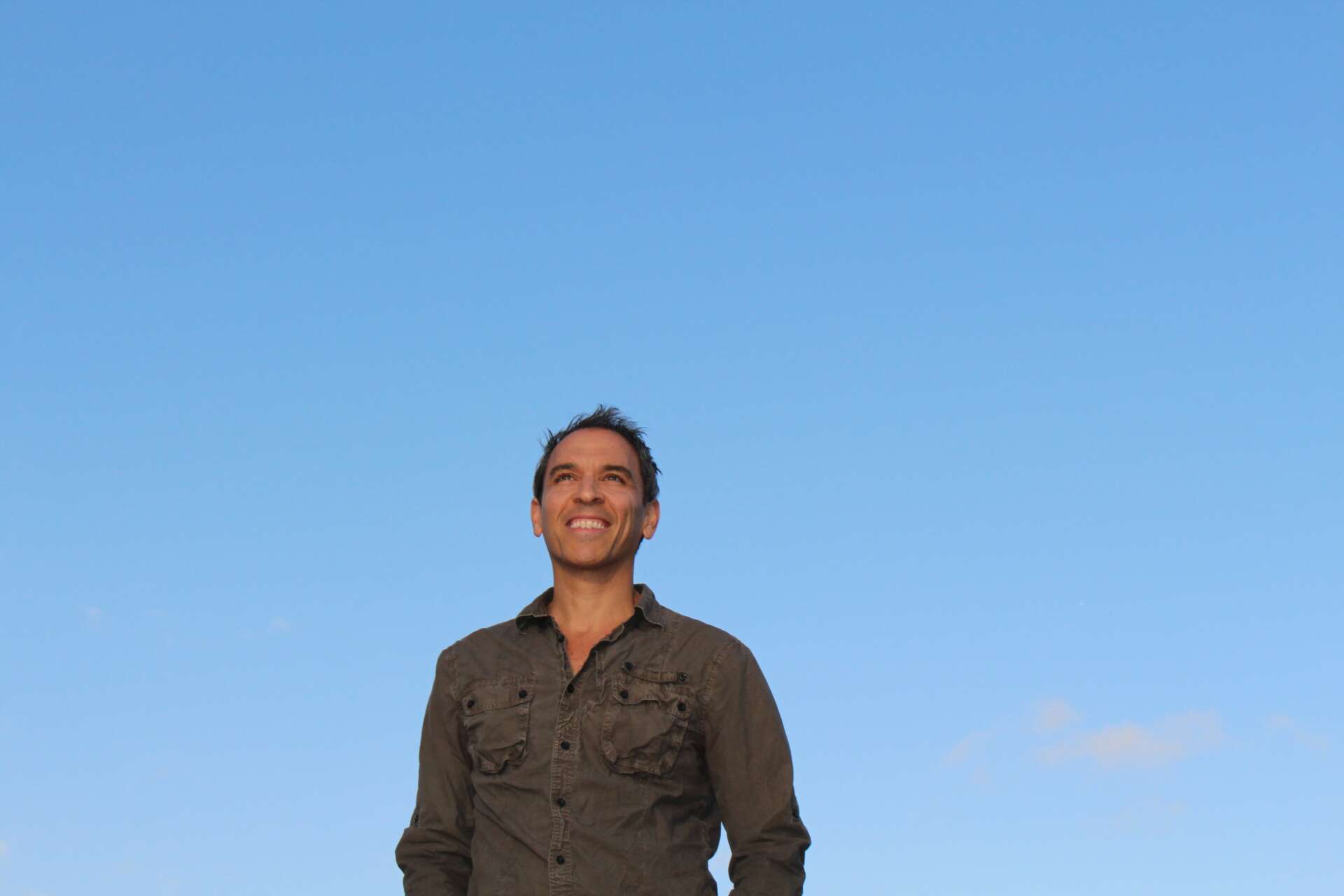We were lucky to catch up with Brian Hyman recently and have shared our conversation below.
Brian, appreciate you joining us today. It’s always helpful to hear about times when someone’s had to take a risk – how did they think through the decision, why did they take the risk, and what ended up happening. We’d love to hear about a risk you’ve taken.
One of the biggest risks I’ve taken in my life was getting sober. I was 34 years old, and had no idea what sobriety, recovery, or spirituality looked like. I didn’t know anyone who was sober. I didn’t have much money, I didn’t have health insurance, and I wasn’t sure how to approach the recovery world or how to access any sort of treatment. One day during this time, I looked online and searched for how to overcome alcoholism. I read a few articles and eventually found my way to websites that led to Twelve Step meeting directories. I located meetings within my neighborhood and I thought about going to them. I didn’t go right away, but I kept the information just in case I could somehow find the courage to get myself to a meeting one day. When the time finally came to try to save my life, I went to a meeting one morning in West Hollywood. I sat in the back of the room, and I was literally trembling with fear and uncertainty. But I listened to what I heard others share aloud and that was a moment that changed my life forever. In that room I found hope and fellowship with other people who had suffered as I had suffered, and I felt that freedom was indeed possible for me too. I’ve been sober for more than 13 years now because of that risk I took to go to a meeting and to try something different to change my life. And because of that risk, I now get to be a responsible father to a beautiful daughter, I get to be a yoga and meditation teacher, I get to create courses about wellness and recovery, I get to be an activist to help reduce shame and stigma around addictions, and I get to share my professional and personal experience with recovery and yoga in my new book with Shambhala Publications: “Recovery with Yoga: Supportive Practices for Transcending Addiction.”

Great, appreciate you sharing that with us. Before we ask you to share more of your insights, can you take a moment to introduce yourself and how you got to where you are today to our readers.
When I started teaching yoga in 2011, I taught in-person classes at gyms and studios in Los Angeles. I wanted to focus on teaching yoga to people in recovery though, and I felt that this specific area of expertise (addiction recovery) would be where I might be most useful since yoga was such a big part of my personal recovery. When I contacted rehabs and sober living houses in LA during this time, I wasn’t able to find a teaching job. Then an idea came: teach classes somewhere public and make them free in the community. So I visited a church in West Hollywood and talked with the pastor. He said we could use his church for recovery-themed yoga classes. I began to teach yoga at that church once a week. People in recovery from all types of addictions and dependency issues came. In that room, there was hope and freedom and community and compassion and love. I taught that class every week for more than 2 years. In that timeframe, I found my voice as a teacher, I learned what poses and principles seemed to work well for those in recovery, and I learned how to co-create a sacred space with others. I also learned to be accountable and responsible and to be authentic and to live my purpose. Not long after that, I began to teach at treatment centers, one of which I have been working with now as part of the therapeutic/clinical staff for more than 11 years.
As the result of my experiences teaching yoga in the field of recovery, I began to write articles for magazines and websites; I did interviews about yoga and recovery and spirituality; I recorded guided meditations; I created videos about breathing exercises; I did podcasts and collaborated on similar projects; I recorded audio courses for the app Insight Timer, and most recently, I wrote a book about recovery and yoga.
What I am most proud of in regard to this work is the trust and open-heartedness others have shown as I’ve tried to offer helpful and useful suggestions to help them find their path to freedom. I’ve been very fortunate to be able to start my life over through recovery and yoga, and I’m grateful that I now get to try to help others do the same.

Are there any books, videos, essays or other resources that have significantly impacted your management and entrepreneurial thinking and philosophy?
When I read Zen Master Thich Nhat Hanh’s “Peace is Every Step” early in my sobriety, I found my true teacher. I’ve studied his life and teachings ever since. To this day – more than a dozen years later – I still read his books and listen to his dharma talks. He was a real bodhisattva. Others whose lives and teachings influenced my life and recovery and how I teach and work and create include Mother Teresa and His Holiness the 14th Dalai Lama. Books by Emmet Fox, Eknath Easwaran, and James Allen have also been helpful in finding truth and direction and meaning and purpose in my life and work. Specific books that have been essential for me include the Upanishads, the Yoga Sutras, the Dhammapada, the Bhagavad Gita, and the Bible. I have also benefitted greatly from the poetry of Hafiz, Rumi, and Mary Oliver.

Putting training and knowledge aside, what else do you think really matters in terms of succeeding in your field?
In my experience, to succeed as a yoga and meditation teacher for people in recovery, heart is most important. And then purpose. And then intentionality. To succeed in the field of recovery or addiction treatment – which is the business of saving lives – one must also have a personal connection. We may consider asking ourselves why we are in this field and how we can best serve others. To work in recovery is a reminder to try to be other-centered; to try to be selfless. And when yogic principles and practices guide our work, a personal practice and experiential knowledge can be our foundation. For example, my yoga mat was where I did the deepest work on my innermost self in my early recovery. It was where I processed grief and sadness, loneliness and depression, and anger and fear. I overcame these things through my practice. My yoga mat saw the worst of me and helped me find the best in me. On my mat I transcended space and time. That’s how I know in my heart that yoga heals and transforms. And that is my sole intention when I teach: to bring the healing benefits of yoga to those who don’t know about it or can’t get to it, and to make it accessible. Ultimately, when we know why we work in recovery, and we have a personal practice, and we try to help and love and serve others, we can feel useful and live a purposeful life.
Contact Info:
- Website: www.brianhymanyoga.com
- Instagram: www.instagram.com/brianhymanyoga
- Facebook: https://www.facebook.com/brianhymanyoga
- Linkedin: https://www.linkedin.com/in/brianhymanyoga/
- Twitter: https://twitter.com/brianhymanyoga
- Other: www.insighttimer.com/brianhyman


